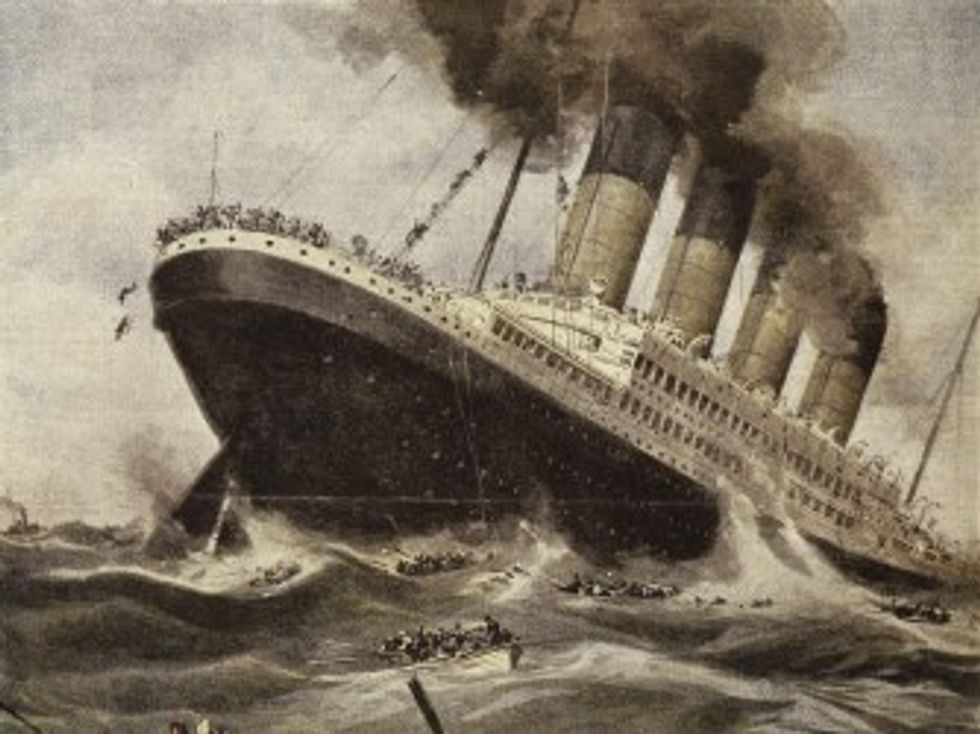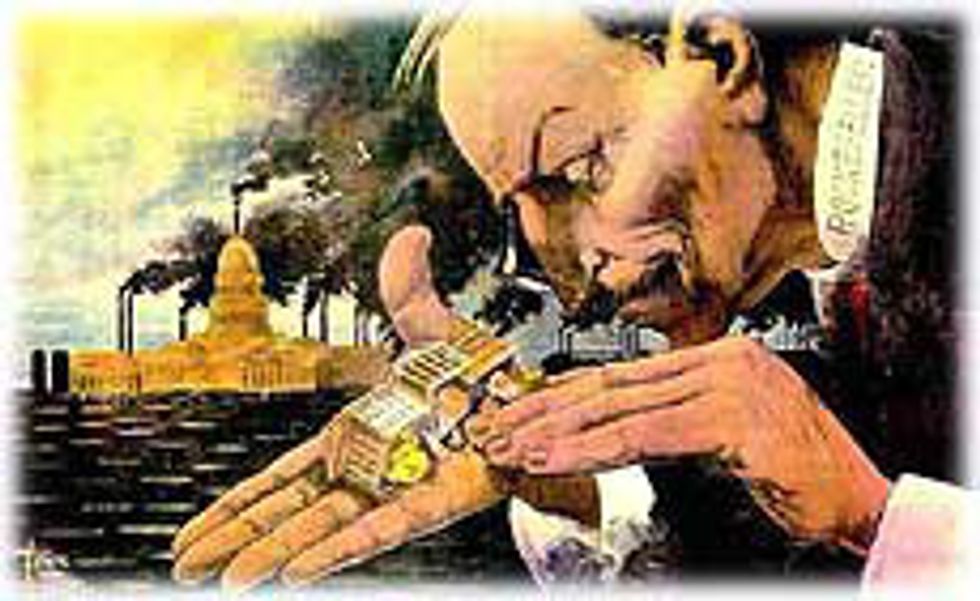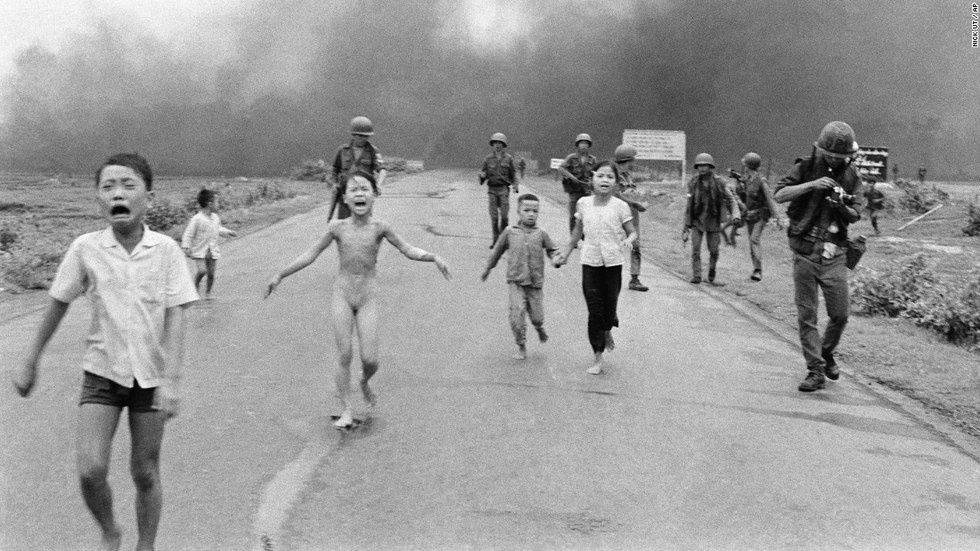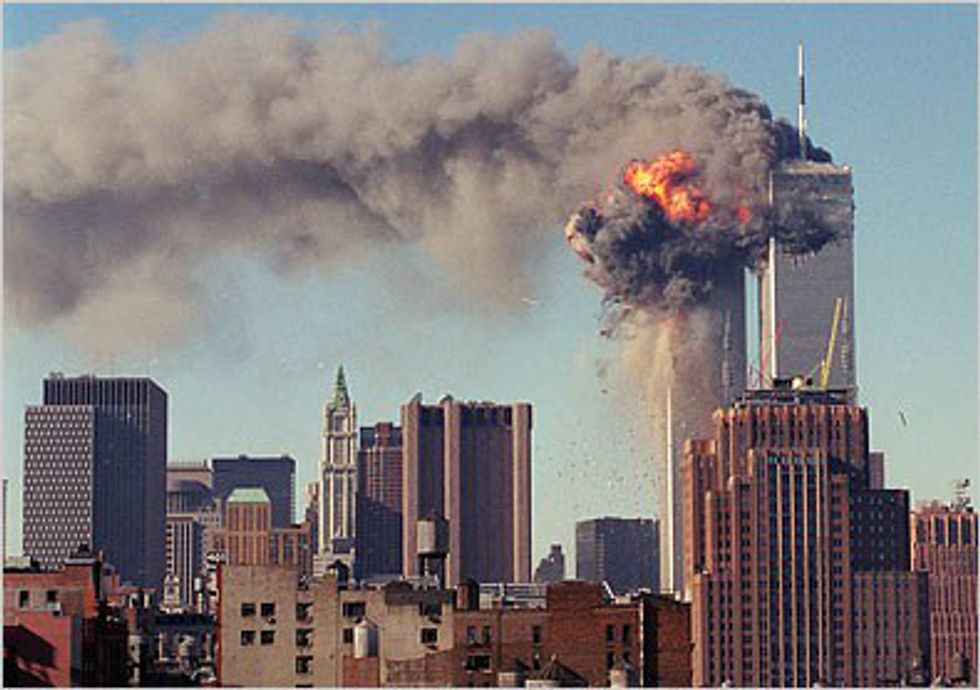1. World War I

2. World War II

3. Vietnam War

4. 9/11 and Iraq War/Afghanistan War ("War on Terrorism")






Whether you love them or hate them, it's undeniable the Kardashian/ Jenner family has built an enormous business empire. Ranging from apps, fashion lines, boutiques, beauty products, books, television shows, etc. this bunch has shown they are insane business moguls. Here are seven reasons why the Kardashian/ Jenner family should be applauded for their intelligent business tactics.
The Kardashian/ Jenner family is praised for the enormous amount of reality television series that are produced surrounding their lives. Viewers seem to crave new television shows behind the intriguing Kardashian/ Jenner bunch, considering the Kardashian clan has been featured in approximately 12 television series. Regardless of how many haters this family may have, their shows have shown tremendous success. Their most famous series documenting the family's life since 2007, Keeping Up With The Kardashians(KUWTK), premieres on E! Network. Season 13 of KUWTK is said to premiere March 12th at 9 p.m. on E!, so stay tuned!
Nineteen-year-old Kylie Jenner is hands-down known to be one of the most successful beauty gurus. Kylie Cosmetics, launched in 2016, has shown an insane amount of success. Kylie Lip Kits are known to sell out within minutes of being launched onto her website. Fans follow Kylie's business closely, with her accustoming her new lines and colors to what the customers desire. This is one of Kylie's many smart business tactics, pleasing the customers, in turn, gains Kylie more revenue for her business. Along with beauty success, the three Kardashian sisters, Kim, Kourtney, and Khloe, have created their fashion boutique DASH. When the boutique first opened it struggled. However, the sisters rose it immensely, with the store being extremely successful to this day with three locations in West Hollywood, Miami Beach, and the SoHo District in New York City. KENDALL+KYLIE is also another successful fashion line with clothes being sold in popular stores like Pac Sun, Neiman Marcus, and Top Shop. Their lines are also shown in many fashion shows, boosting their credibility in the fashion world.
Kim Kardashian's game app is said to have brought in over $100 million since it's launch in 2014. The app is free to download, however, players can purchase "extras" in the game which is where most of the revenue derives from. Kim constantly keeps the game up-to-date which is an intelligent business tactic because it keeps players intrigued, and feeling as if they're living the true Kardashian life. After the extreme success of Kim's game app, each sister created their personal apps that can be downloaded in the iTunes store for a $2.99 monthly subscription fee. Each sister's app emphasizes their expertise in the fashion, beauty, travel, and fitness worlds.
The Kardashian/ Jenner family has accumulated over approximately 404.7 million followers on Instagram and over approximately 154.93 million followers on Twitter. These business moguls thrive off social media techniques in building their business empire - which is smart. These sisters make thousands of dollars for one promotional tweet or Instagram post. Constantly updating their accounts keeps fans intrigued and up-to-date on their latest products/ endeavors.
Parasocial interaction (PSI) is a communication technique where celebrities endorse themselves, and fans feel a connection of some kind to that specific celebrity. PSI is promoted in the Kardashian/ Jenner family because they endorse themselves on their social media accounts so well that fans begin to feel a connection with this family. This makes it easier for the Kardashian/ Jenners to promote their products and businesses in a not-so-pushy way.
Failure is the first step to success. Although this family is praised for their unimaginable success, they have failed plenty along their way to fame. Talkshows, books and fashion lines haven't made the revenue expected and haters constantly attempt to tear down this family's fame, however, the Kardashian/ Jenner family still stands strong. In the end, they are true business moguls, entrepreneurs, and content creators who have created an insane empire.
The Kardashian/ Jenner family is stated to have a net worth of over approximately $300 million. Kim leads the family with her net worth accounting for over $100 million with the littlest sister, Kylie Jenner, creeping up the ladder. Numbers don't lie. These sisters truly have built an enormous business empire.
If I have learned one thing in my lifetime, it is that friends are a privilege. No one is required to give you their company and yet there is some sort of shared connection that keeps you together. And from that friendship, you may even find yourself lucky enough to have a few more friends, thus forming a group. Here are just a few signs that prove your current friend group is the ultimate friend group.
Regardless of what you may have gone through, nothing can change the banter and personal communication you and your friends share. Nothing feels awkward or forced because you are having too much fun catching up!
Your friend's work schedules or class schedules are memorized like the back of your hand. They are your priority, and you will do anything you can to get them to join you on adventures when it is convenient to do so.
Yes, you may say it in real life too, but saying it after a phone call means it has become a customary for you to validate your appreciate for one other. Like a significant other or family member, you feel the desire to express your love at the end of a conversation.
No matter what you do together, you always have a good time. Why? Because your friends' company is all you need. With the right people, you can make any situation memorable.
And you would like to keep it that way. If you are anything like my friend group, we share a strange family dynamic that has lasted as a running joke forever. No matter what it is, your inside jokes and sly smirks will keep the spirits up for ages.
So now you just expect it and prepare for a 24-hour long get-together. Naps are often a part of the agenda.
Perhaps you do it a little too much, but the hugs you share are always meaningful and comforting. Gotta love those group hugs especially!
It is where your favorite memories come from. Even though you might not be able to do them as much as you would like, you are always down for a trip, big or small, with the group.
Because you consider each other family, you treat each other like family. Constant love, constant support, and a tremendous amount of meals spent together.
It is not a special friend group unless you learn from one another. You had to be selective when choosing your friends and when you did, you felt like they could teach you a thing or two. Their actions influence who you are and you could not be more thankful.
The very thought scares you and sends your heart racing. Thankfully, the ultimate friend group is right there with you so you never have to second-guess their loyalty. Instead, you can bask in the glory that is your ultimate friend group. #squadgoals.
When it comes to television, there’s very few sets of on-screen siblings that a lot of us can relate to. Only those who have grown up with siblings knows what it feels like to fight, prank, and love a sibling. Ross and Monica Geller were definitely overbearing and overshared some things through the series of "Friends," but they captured perfectly what real siblings feel in real life. Some of their antics were funny, some were a little weird but all of them are completely relatable to brothers and sisters everywhere.
You always have someone to tattle on.
If you’ve ever needed to get your parents to stop nagging on you, there was a sibling for that. You bickered back and forth trying to one-up each other, until suddenly all the cats were out of the bag.
You have an organized dance routine.
There was definitely a time in your lives when you and your sibling made a dance routine and put on a show for the rest of your family. Years later, you’re reminiscing about your childhood, and you find out you remember the routine perfectly.
You’ve fought for the family cup.
Sibling rivalries happen in every home, so it’s no surprise if you and your sibs compete against each other. Sometimes the winner cheats and sometimes the loser calls a rematch, so every year you play again to see who claims the family cup.
You have countless inside jokes.
Everything you and your sibs did when you were younger became a hilarious story when you grew up. No one will understand why saying just one word will put you and your siblings in a fit of laughter. All you can say is: "It's an inside joke between me and my siblings, you wouldn't understand."
You made your own insults.
Were there ever any words that you weren’t allowed to say when you were young? You had to come up with inventive ways to insult your sibs without being yelled at by your mom, so making a secret language or gesture was a thing.
You've seen each other at your worst.
But as a sibling, it's your job not to judge. You guide and support your sibling, just as they would for you. And maybe later down the road, you guys can laugh about it.
You know a little too much about your sibling.
Has there ever come a time when you and your sibling are having a conversation that’s a little too personal, but you think nothing of it? You may know some things about your sibling that you probably didn’t need to know, but hey, it’s your sibling.
You love each other no matter what.
You may bicker and fight with your sibling, and you’ll definitely be upset with them sometimes, but they are the most constant thing in your life. You and your siblings will always support and love each other.
College is a great place to meet people, especially through Greek life. If you look closely at sororities, you'll quickly see there are many different types of girls you will meet.
Her sister was a member, her mom was a member, all of her aunts were members, and her grandma was a member. She has been waiting her whole life to wear these letters and cried hysterically on bid day. Although she can act entitled at times, you can bet she is one of the most enthusiastic sisters.
She is always wearing the cutest outfits and you wonder where she finds all of her clothes. Her hair and makeup are always done perfectly and she always looks effortlessly ready for the runway.
She is always working out whether she's at spin, going for a run, or at Pilates. She makes you feel so guilty about lying in bed binge-watching Netflix while eating wings.
She doesn't miss a bar night, frat party, or social. She lives to go out and double-fist. She must have the best hangover cure in the books to be able to bounce back every morning.
She doesn't just love boys. She lives, breathes, and dreams boys. She can't get enough and wants them all. She has guys in every frat on speed dial. Most importantly, she swipes more than she speaks because she's in it to win it.
She holds multiple chair positions, she gets perfect grades, she is super involved in the chapter, she is the best big, and you wonder when she has time to nap!
She never comes to chapter which explains why she never knows what's going on. She comes to events late, she doesn't know who she is paired with for Greek Week. She can basically go unseen for weeks.
She takes care of everyone in the sorority. If you're falling behind in class, are going through a rough break up, or just fought with your roommate, she's your go-to sister. She takes care of you when you're out, makes you food, and tells you how it is with honest advice, but gives you love when you need it the most.
She is your stereotypical freshman in every way. She has your letters on everything and lives for the sorority. She wants to get involved and wants to get to know everyone. Despite her enthusiasm for the chapter, she is still a naive freshman and has had a few rough nights out, to say the least. She is painfully so freshman but you appreciate her drive
She doesn't care about anything and spends her days with dark sunglasses and a coffee in hand. She spends her last days of school drinking and freaking out about the real world so she doesn't have time for any chapter drama.
You can always find her dressed from head to toe in Lilly. She loves her Jack Rogers, T Burch, and Kate Spade. You wonder how she has time to look nice for class every day and she is always sporting pearls.
Every kid in college and/or high school dreams of summer the moment they walk through the door on the first day back in September. It becomes harder and harder to focus in classes and while doing assignments as the days get closer. The winter has been lagging, the days are short and dark, and no one is quite themselves due to lack of energy and sunlight. Let's face it: life is ten times better in the summertime.
There are no essays to write, no books to read, and no deadlines to meet. The only worry in the world is keeping track of putting sunblock on.
All true fans will listen to country music 365 days a year, but we all know that it's so much better in the summer when you can roll down the windows.
Even if you don't have the type of skin that tans, there is more color there than in the winter ... maybe. Freckles, tan lines, peeling burns and clear skin make for a happier camper. You'll forget all about the ghost version of yourself that was shedding dry skin like a snake over the winter.
Obviously wearing no shoes in the middle of a blizzard isn't acceptable. You know what is, though? Wearing no shoes in the summer ever because why not?
For people like me who can't resist ice cream even on a 10 degree day, summer is a giant ice cream blessing. Not only does it taste like heaven, it's actually refreshing.
Is there anything worse than having to put on layers in the wintertime only to sweat to death the minute you come back inside? No need for more than a tank top and shorts in the summertime.
Now that it's hot, it's beach season. If you live near the ocean there is an excuse to drive there day or night, rain or shine. Staying there all day is an option for those who don't burn, and for those who do, you can always come back at night for a bonfire.
Even when they lead to disaster, summertime cookouts are the best. Nothing completes a cookout more than watermelon and corn on the cob.
Oh the thrill of jumping in freezing cold water in the middle of the night. Good thing the air becomes colder than the water, making the pool like a giant bathtub.
Summertime gives you the freedom to wake up in the morning and decide to do something totally out of the blue that you've never done before. Hiking to a waterfall, rock climbing, going to a museum, or even road tripping are all great summer options.
Even if the heat isn't really your thing, it's undeniable to admit that life really is better in the summer. There's so much more free time, opportunity, excitement and sunshine. Only four months to go!